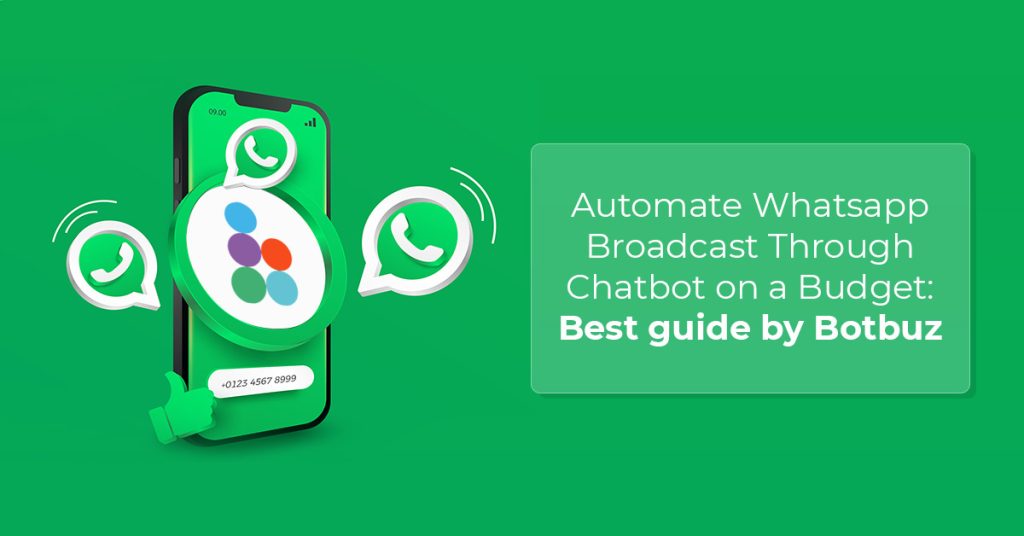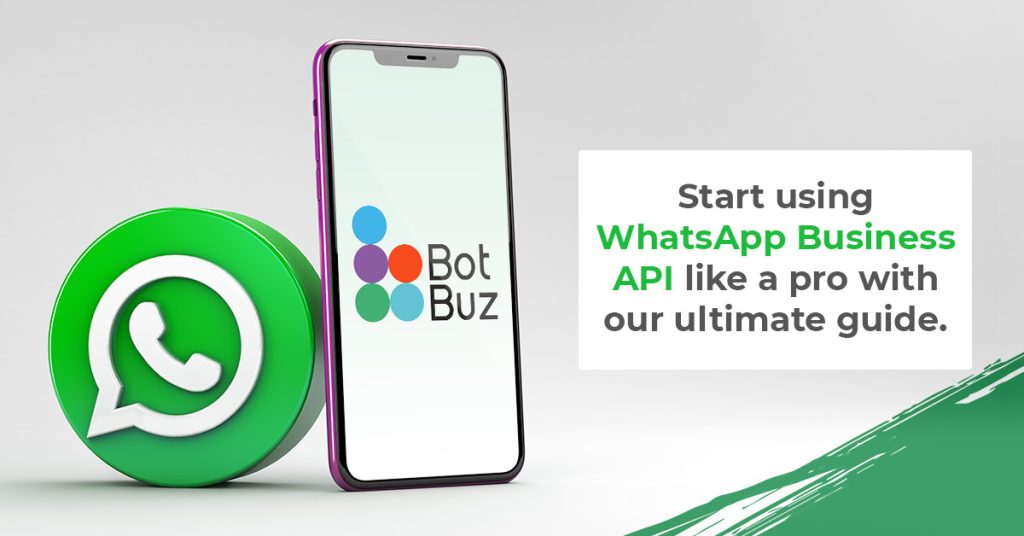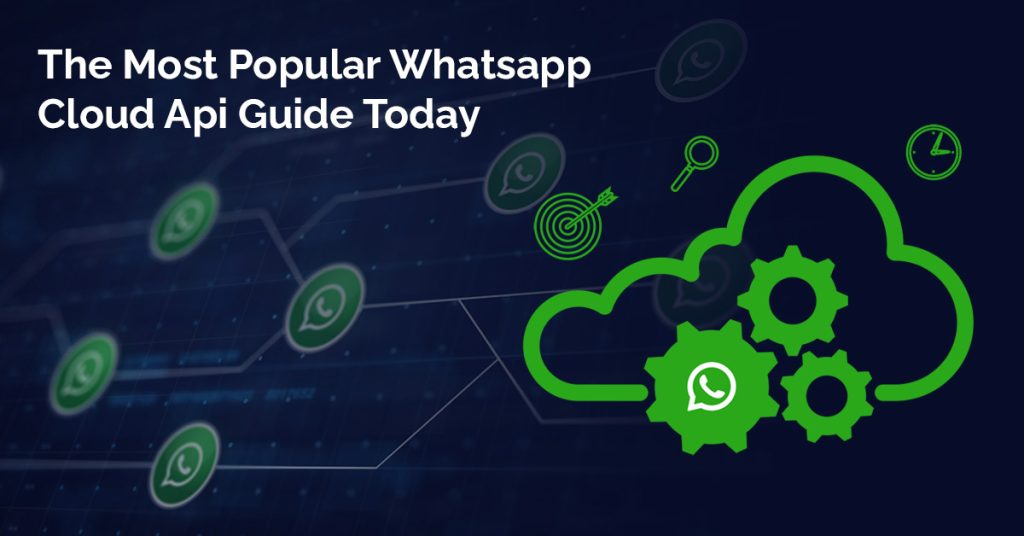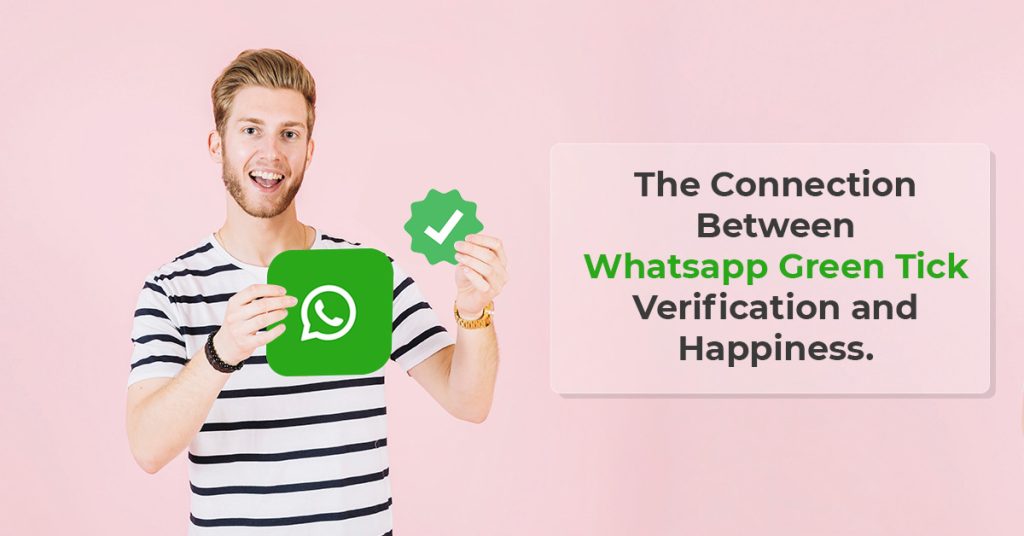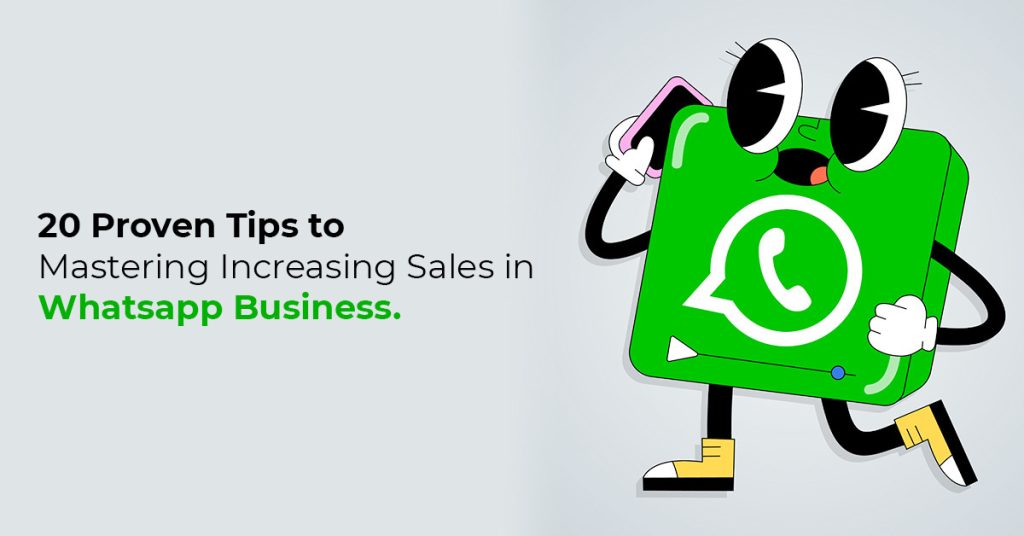Importance of broadcast messaging in reaching a wide audience:
In today’s world, communication is vital for business. Broadcast messaging plays an important role in reaching a wide audience. It is a communication strategy that allows businesses to deliver important messages. It also helps send updates & promotional messages to a large group of recipients. Let’s explore the importance of SMS broadcast messaging and Whatsapp broadcast messaging:
- Saves time and resources by delivering messages to a large audience with a few clicks.
- Businesses can reach a wide audience. It includes existing customers, potential leads, or even the general public.
- Utilizing recipient lists or segmentation tools, businesses can tailor their messages. These messages are on the basis of various factors. These factors include demographics, past interactions, or customer preferences.
- Broadcast messaging allows businesses to deliver a unified message to their audience. Thus, ensuring consistency and reinforcing the brand identity.
- Broadcast messaging is not limited to one-way communication. It is also an integration of interactive elements, such as buttons or quick replies. Thus, businesses can encourage audience engagement and interaction.
- It helps to track metrics like open rates, click-through rates and engagement levels. Businesses can assess the effectiveness of their messages & make decisions for future campaigns.
Broadcast messaging is an invaluable tool for businesses to reach a wide audience. By using SMS broadcast messaging, businesses can enhance their reach. It also helps businesses to engage with their audience & achieve their communication goals.
Difference between SMS broadcasting & whatsapp broadcasting:
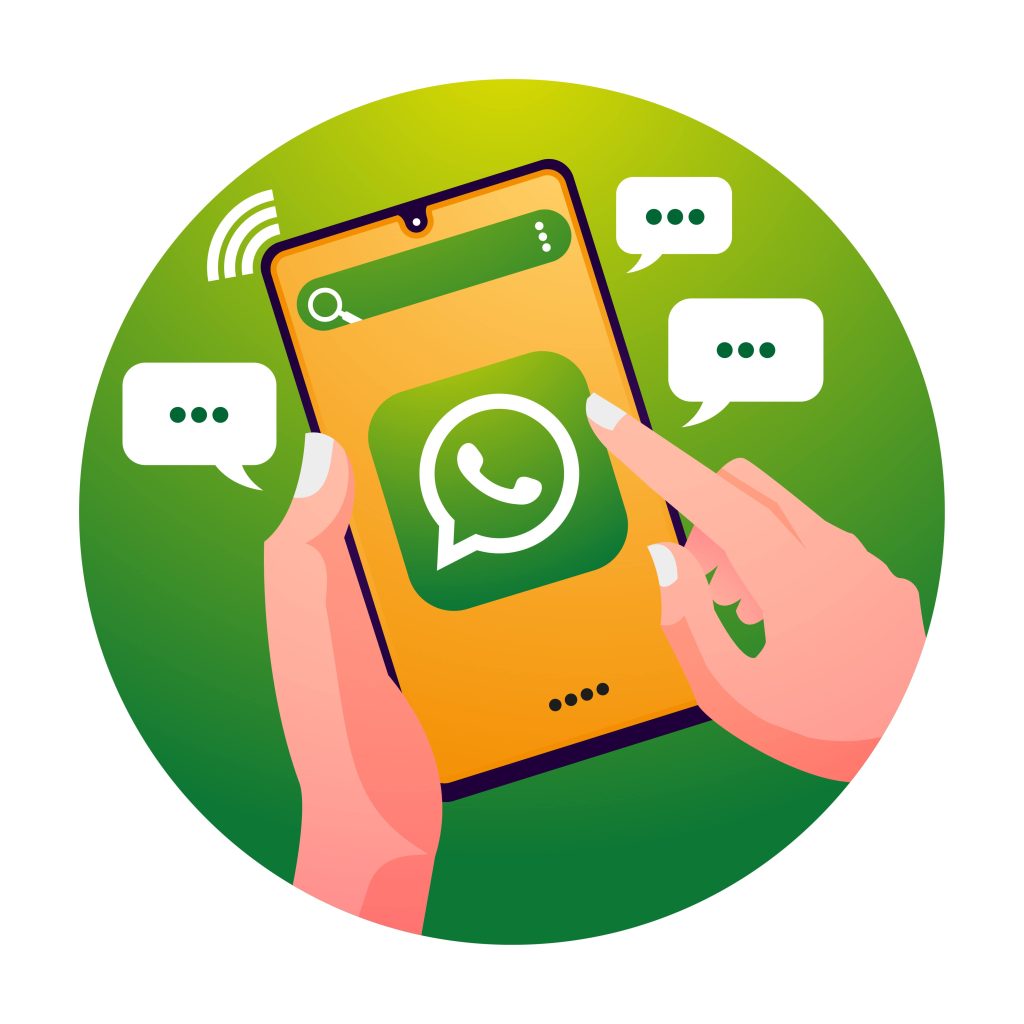
|
SMS Broadcasting
|
Whatsapp Broadcasting
|
|---|---|
|
SMS broadcasting involves sending text messages to a group of recipients simultaneously.
|
WhatsApp broadcasting allows businesses to send messages, images, videos, and documents to a targeted list of recipients.
|
|
SMS messages are typically limited to 160 characters and are primarily text-based, making them concise and to the point.
|
This rich media format offers a more visually engaging and versatile communication experience.
|
|
SMS messages have a wide reach as they can be received by virtually all mobile phone users.
|
WhatsApp has an enormous user base, with over 2 billion active users worldwide.
|
|
They do not require an internet connection and are accessible on any mobile device, making them an effective choice for reaching a broad audience.
|
This platform provides businesses with access to a large and diverse audience, particularly those who are more active on messaging apps and prefer rich media interactions.
|
|
SMS messages are generally considered less interactive due to their limited format.
|
It enables businesses to engage in more interactive and conversational messaging.
|
|
While businesses can include links or phone numbers for users to engage further, SMS messages do not offer the same level of interactivity as WhatsApp.
|
Features like buttons, quick replies, and chatbot integrations facilitate engaging user experiences and prompt users to take specific actions within the chat.
|
|
Sending SMS messages typically incurs a per-message cost, particularly for large-scale campaigns.
|
It is often more cost-effective, as it utilizes internet data instead of traditional SMS charges.
|
|
The delivery speed of SMS messages can vary based on network coverage and congestion.
|
WhatsApp messages are delivered almost instantly, offering businesses a real-time communication advantage.
|
|
SMS messages are typically transmitted over cellular networks and do not involve data storage on servers. The privacy of SMS messages is mainly regulated by telecommunication laws and regulations.
|
WhatsApp messages are end-to-end encrypted, providing a higher level of privacy and security. However, it's important to ensure compliance with privacy policies and regulations when using WhatsApp broadcasting for business purposes.
|
While SMS broadcasting and WhatsApp broadcasting are both valuable tools for reaching a wide audience, they differ in functionality, reach, engagement, cost, and privacy. Understanding these differences will help businesses choose the most suitable channel based on their specific communication objectives, target audience, and desired engagement level.
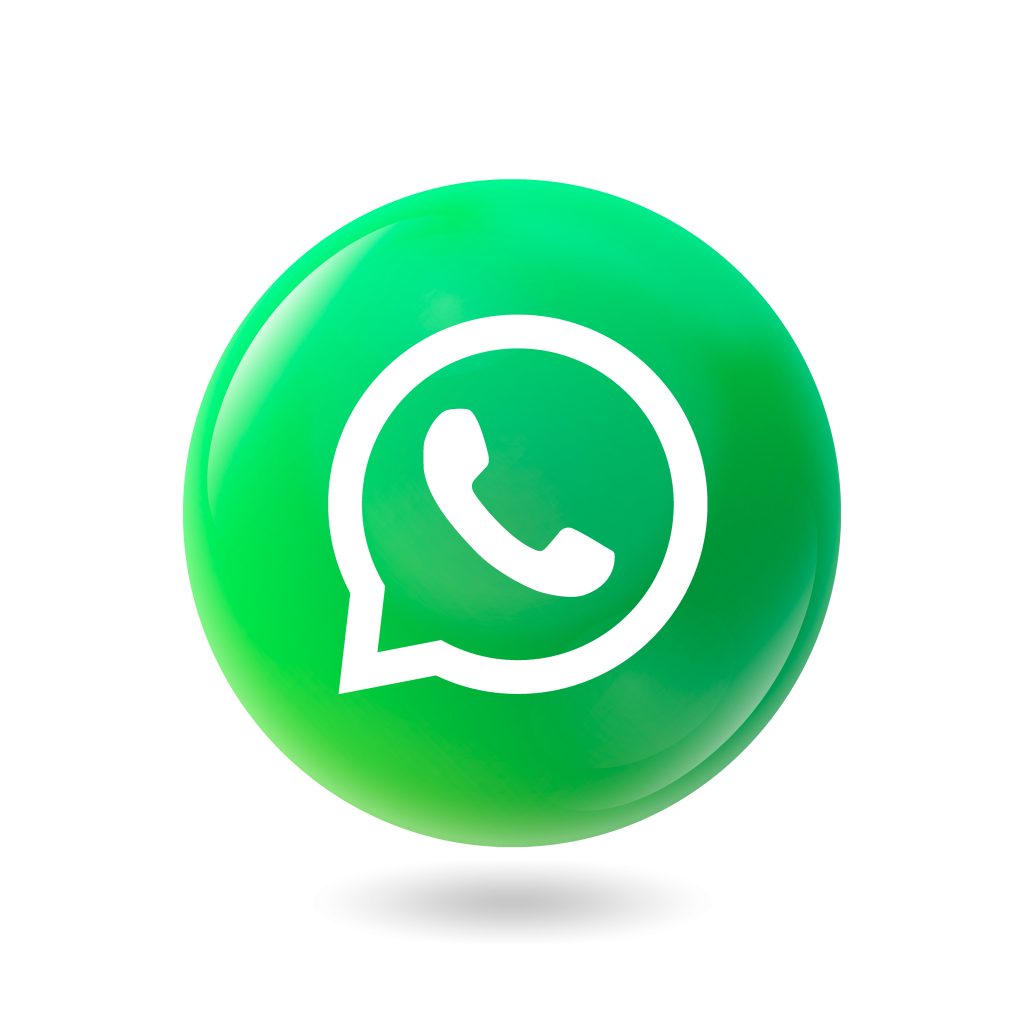
Rise in the popularity of whatsapp as a messaging platform for businesses:
WhatsApp has seen an immense rise in popularity as a messaging platform for business. Here’s a brief explanation of the factors contributing to its increased adoption:
Massive User Base:
- With over 2 billion active users worldwide, WhatsApp boosts a vast & diverse audience. Businesses recognize the potential of tapping into this extensive user base. It helps them to reach and engage with their target customers.
Global Reach:
- WhatsApp’s popularity extends across various countries and demographics. It is the most preferred communication channel for businesses.
- It helps businesses who are aiming to connect with a global audience. This messaging platform offers businesses an opportunity to expand their reach. Thus helping various businesses to establish a presence in different markets.
Familiarity and Trust:
- WhatsApp has become integrated into people’s daily lives. It is the most trusted & familiar platform. Businesses using WhatsApp gain the benefit of established trust. It is because users are more likely to engage with messages received through a platform they already use & trust.
Rich Media Capabilities:
- WhatsApp’s support for rich media, including images, videos, and documents.
- It allows businesses to deliver engaging & visually appealing content to their audience. This capability enhances communication. Helps to enable businesses to showcase products, share tutorials or provide detailed information.
Real-Time Communication:
- WhatsApp offers real-time messaging. It enables businesses to engage in immediate and direct conversations with their customers.
- This instant communication fosters better customer support. It delivers prompt responses to inquiries and timely delivery of information or updates.
Interactive Features:
- WhatsApp’s interactive features like quick replies & buttons, enable businesses to create interactive experiences. They can guide users through specific actions.
- They can provide options for further information, or start conversations. It also helps in promoting engagement and enhancing the user experience.
Cost-Effective Solution:
- WhatsApp offers a cost-effective solution for businesses. It utilizes internet data instead of traditional SMS charges.
- This affordability makes it an attractive choice for businesses of all sizes. Thus, allowing them to communicate with their audience without incurring large costs.
Business-Friendly Features:
- WhatsApp has introduced several business-specific features. These features include verified business profiles, labels for categorizing chats & automated responses.
- It helps in seamless business communication, build credibility & improve customer experience.

How do chatbots automate whatsapp broadcasts?
Chatbots can automate WhatsApp messages by leveraging their capabilities. It helps to send messages, handle responses, and interact with users at scale. Here’s how chatbots automate WhatsApp broadcasts:
1. Sending Broadcast Messages:
Chatbots help to send broadcast messages to a targeted list of recipients. Businesses can define the content of the message. It includes text, images, videos, or documents. Chatbots can use templates or generate personalized messages. It depends on user data or segmentation criteria.
2. Personalized Interactions:
Chatbots can deliver personalized interactions within WhatsApp broadcasts. By integrating with customer databases or CRM systems, chatbots can access user information. It helps to send customized messages to individual recipients. This personalization creates a more engaging and relevant experience for users.
3. Automated Responses:
Chatbots excel at automating responses to repetitive questions or common queries. It analyzes user messages & applies natural language processing techniques. On this basis, chatbots can understand and provide relevant answers. This automation saves time and resources by reducing the need for manual responses.
4. Interactive Messaging:
Chatbots can start interactive conversations within WhatsApp messages. They can prompt users with quick reply buttons, interactive menus, or customizable options. These interactive elements allow users to make selections or request further information. Thus it helps in providing a dynamic and engaging experience.
5. Workflow Automation:
Chatbots can automate various workflow processes within WhatsApp broadcasts. For instance, they can assist with appointment scheduling, order tracking, or customer support. By integrating with backend systems or APIs, chatbots can handle tasks. It provides real-time updates to users.
6. Customer Segmentation and Targeting:
Chatbots can help targeted WhatsApp messages by segmenting recipients based on specific criteria. By analyzing preferences, chatbots can determine the appropriate content & timing for each segment. This ensures that broadcast messages are relevant and valuable to the intended audience.
7. Real-Time Analytics and Reporting:
Chatbots provide valuable insights into WhatsApp broadcast campaigns through real-time analytics and reporting. Businesses can track metrics like message delivery rates, open rates, click-through rates. It can also check user engagement. These analytics help to check the effectiveness of the broadcasts. On the basis businesses can make data-driven improvements for future campaigns.
By automating WhatsApp broadcasts, chatbots enable businesses to reach a wide audience. It helps to deliver personalized messages, and engage with users.
Benefits of Automating WhatsApp Broadcasts with Botbuz no code chatbot
Automating WhatsApp broadcasts with the Botbuz’s no code chatbot platform offers several benefits for businesses.
Efficiency and Time Savings:
Automating WhatsApp broadcasts with Botbuz allows businesses to send messages to large audiences. It is helpful in saving time and effort. Instead of manually sending individual messages, the chatbot can handle the task efficiently. Chatbot helps in freeing up resources for other important business activities.
Personalization at Scale:
Botbuz chatbot helps to deliver personalized messages to each recipient in WhatsApp broadcasts. By using user data and segmentation, the chatbot can tailor messages. It is on the basis of individual preferences, past interactions, or demographic information. This level of personalization enhances the user experience and increases engagement.
Seamless Integration with WhatsApp:
Botbuz integrates with WhatsApp, leveraging its massive user base and familiarity. This allows businesses to reach their audience on a platform they are already using. Thus users do not have to download separate apps or navigate to different channels. It provides a convenient and accessible communication channel for both businesses and users.
Interactive and Engaging Experiences:
With Botbuz, businesses can create interactive chatbot experiences within WhatsApp broadcasts. Chatbots can engage users with buttons, quick replies, or even conversational flows. This interactivity enhances user engagement and encourages deeper interactions. It leads to higher conversion rates and improved customer satisfaction.
Rich Media Capabilities:
Botbuz’s no code chatbot platform supports rich media elements. It supports images, videos, and documents. Businesses can use these capabilities to create visually appealing and informative messages. Using rich media in WhatsApp broadcasts enhances the communication experience. This helps capture attention & convey information more effectively.
Workflow Optimization and Automation:
Chatbots built with Botbuz can automate workflows within WhatsApp broadcasts. Chatbots can handle repetitive questions, provide order updates and conduct surveys. The chatbot can streamline processes and provide immediate responses. This automation saves time and improves efficiency. It helps to ensure consistent and timely communication with the audience.
Real-Time Analytics and Insights:
Botbuz provides robust analytics and reporting features. It helps businesses to track the performance of their WhatsApp broadcasts in real-time. Businesses can track metrics like open rates, click-through rates, and user engagement. These metrics help to evaluate the effectiveness of their campaigns. These insights help optimize messaging strategies, make data-driven decisions. It is also useful in improving communication efforts.
